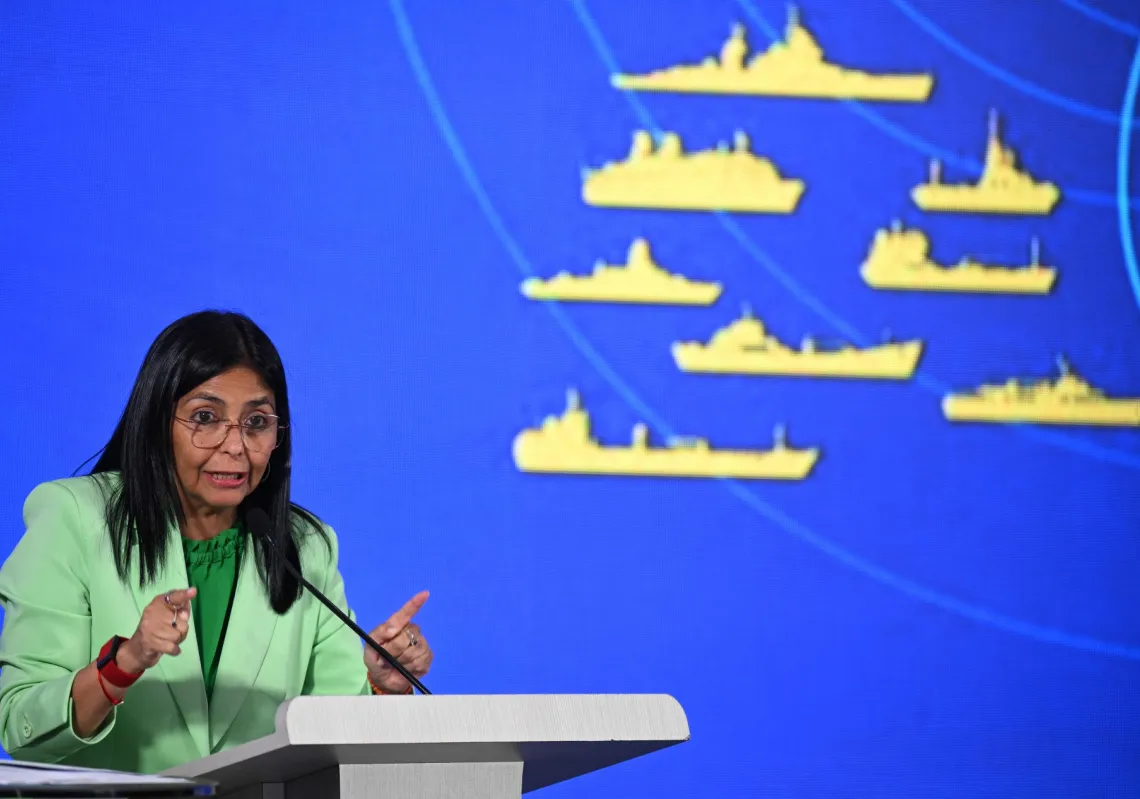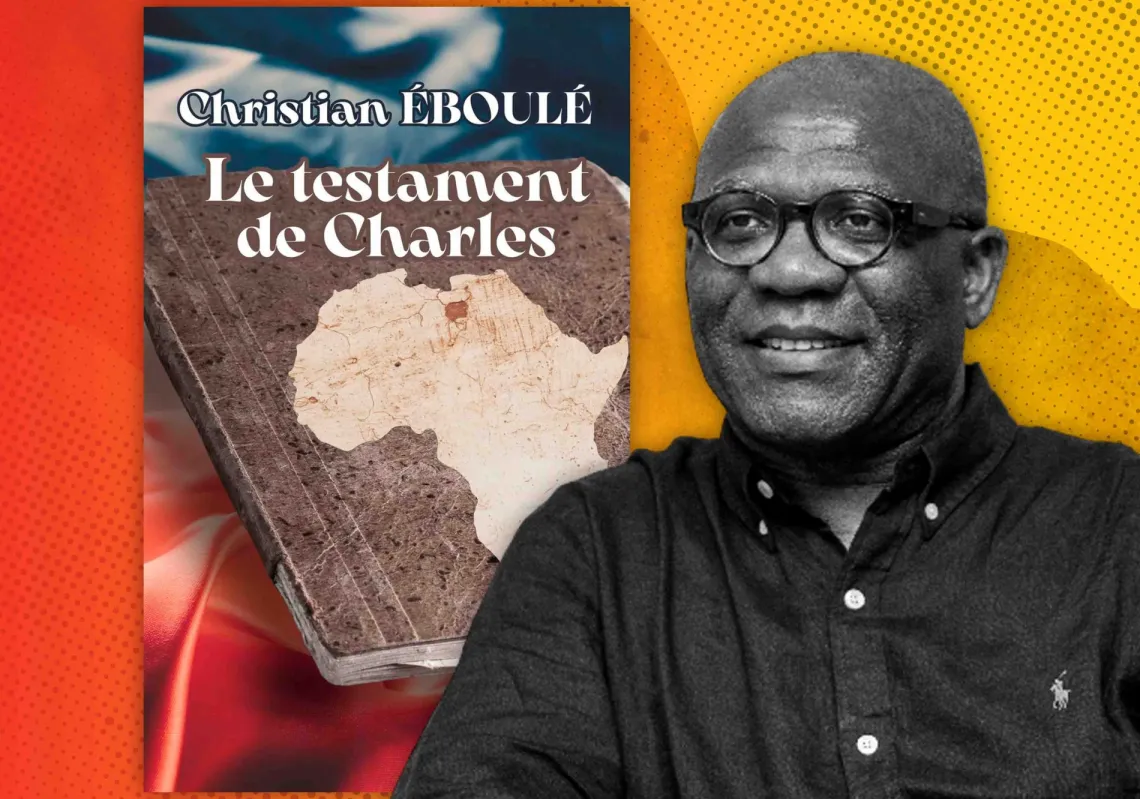In recent months, no name became more associated publicly with the position of President of the European Union Council than that of former UK Prime Minister Tony Blair. Among EU leaders, however, this idea was soon discarded. When, two weeks ago, the unknown Belgian Prime Minister Herman Van Rompuy was announced as the EU Council first President, and considering the weight of Blair’s name, the general reaction was a natural feeling of disappointment.
Britain has never been one of the EU’s most enthusiastic members, which gives more credit to Blair’s strong record as an Europeanist and a leader who bridged Britain and the EU. Except for national leaders such as Angela Merkel or Nikolas Sarkozy, Blair is undoubtedly the most internationally well-known EU politician. And it was precisely the fear of national leaders, such as Merkel or Sarkozy, of being over-shadowed by a politician of the magnitude of Blair that was pointed out as one of the main reasons behind the choice. Also, a tacit agreement between the major EU political blocs played a role against Blair. However, another factor might have helped in ruining Blair’s chances for the EU Council’s top spot. That is the political events that led to the invasion of Iraq, about which an inquiry is currently taking place in Britain.
Blair’s fame abroad owes more to his controversial role in a couple of very sensitive international issues than to a case of Obama-like popularity. In 1999, Blair made a speech before the Chicago Economic Club where he put forward his “Doctrine of the International Community”. Known as “The Blair Doctrine”, the former British prime minister, among many other international issues, outlined the circumstances that warrant the international community to intervene in the affairs of other nations. This, in Blair’s words, was “the most pressing foreign policy problem faced by the international community.” 1999 was the year that NATO intervened in Kosovo to put a halt to the massacre of Kosovo Albanians by Yugoslav troops. Today, many consider NATO’s intervention in Kosovo illegal, because it was not sanctioned by the UN Security Council, but legitimate, because it responded to a pressing security matter for EU and NATO countries, and it had a clearly defined humanitarian purpose.
There was much more unanimity in the condemnation of the controversial role played by Blair in the 2003 intervention in Iraq. The inquiry in Britain about the US led invasion of Iraq, initiated November 24, was announced in June by Gordon Brown. At first, Brown said the hearing would be held in private. However, Britain’s current prime minister was pressed to opt for a public hearing by anti-war campaigners and families of soldiers killed in Iraq. This means that senior officials and politicians are being questioned publicly about the political developments that led to Britain’s decision to participate in the 2003 invasion of Iraq, and that includes Blair.
Blair himself will not unveil either new or compromising information. Moreover, the Iraq enquiry will not apportion criminal liability. In the words of Sir John Chilcot, the chair of the group that is conducting the inquiry, the goal of the panel is “to evaluate what went well and what did not, and crucially, why”. However, Blair will be publicly questioned about his alignment with Bush and with the either forged or mistaken intelligence reports about Iraq’s nuclear programme. It will look at whether or not Blair backed the Bush Administration in its plan of invading Iraq long before the British Parliament gave authorization for the military operation. And sensitive information from diplomats, civil servants and former spies is likely to become public.
It already became obvious before the inquiry started that the idea of invading Iraq and changing its regime dates back to at least 2001. In the United States, instead of the policy towards Iraq being shaped according to serious information, intelligence reports and facts were being fixed according to the idea of toppling Saddam’s regime.
Regardless of all the possible benefits that a future stable and democratic Saddam-free Iraq might bring to the Middle East and beyond, the use of force as an instrument of foreign policy in the circumstances of the 2003 invasion of Iraq does not reflect the ethos of the EU’s foreign policy.
The most obvious critique to the choice of EU member states national leaders is related with the personalities contrast between Van Rompuy and Blair. The consensual appointment of Van Rompuy is naturally considered a step back for the purpose of enhancing the EU’s political image abroad and viewed as a striking evidence of a lack of global ambition. However, and as much an Europeanist Blair might be, the path that lead to the invasion of Iraq is deeply contrary to the values and image the EU wants to export, and this negative legacy is not something that Blair’s position as Middle East Special Envoy can erase. In the end, it is hard to imagine how a politician deeply involved in such a negative chapter of Western international intervention could be an asset for enhancing Europe’s image abroad.








